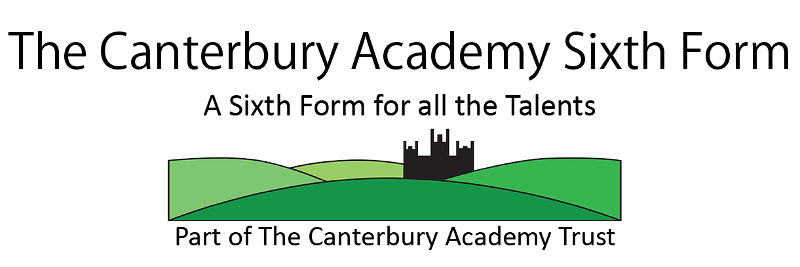
Edexcel BTEC Music (CPA Music Programme)
The Music Programme
What’s it about?
The CPA Music Academy programme is an excellent opportunity for students with a keen interest in performing, song writing, music theory and the music business to extend and develop their skills. The Extended Diploma we follow, equivalent in size to three A Levels, is a two-year, full-time course that meets entry requirements in its own right for learners who want to progress to higher education courses in music areas before entering employment. In addition to the knowledge, understanding and skills that underpin study of the music sector, this qualification offers learners experience of the breadth and depth of the sector to prepare them for further study or training. Learners taking this qualification will study four mandatory learning and teaching modules:
- Music Skills Development
- The Music Industry
- Personal Music Profile
- Collaborative Music Project
These four areas are divided into ten assessment units.
Entry Requirements:
We would recommend a minimum grade 5 at GCSE music, or BTEC equivalent, and require the ability to sing or play a musical instrument to a good standard. It is also essential that you have enthusiasm for improving as a performer and writer as well as an interest in music theory and the music industry as a whole. The ability to work positively in collaboration with other students in the class, and with industry professionals, is also necessary due to the team-based nature of many of the projects you will be involved in.
Contacts:
Mrs. S. Watson – Director of Teaching and Learning
The Canterbury Academy Sixth Form
Course Content:
The qualification you will achieve through the CPA Music Academy programme is a Level 3 BTEC National Extended Diploma in Music, which features ten assessment units, as follows:
- Performing as an ensemble
- Creating musical material
- Using musical styles
- Planning a career in the industry
- Using development plans to refine skills
- Producing a personal project
- Using material for self-promotion and networking
- Undertaking a defined technical project role
- Using creative collaboration to develop a project
- Producing a collaborative project
At the end of the course you will be awarded three grades from a minimum PPP to a maximum D*D*D*. Assessment is 100% through a coursework portfolio which will be stored on the Performing Arts shared drive. The tasks are centred on a mixture of performing, music theory, song writing, understanding the music business and organising and delivering live performances. Your work will be assessed by Mr. Freeman and externally verified by BTEC’s own examiners. For learners taking other courses we are also able to offer a smaller qualification, namely the Foundation Diploma. This is equivalent to 1.5 A Levels and features only the first four assessment units listed above.
Progression:
In addition to the music sector-specific content outlined above, the requirements of the qualification will mean that learners develop the transferable and higher-order skills that are highly regarded by higher education and employers. For example, learners will learn how to develop their selection, reflection and justification skills independently. The qualification carries UCAS points and meets the admission requirements for many relevant courses, for example:
- BMus (Hons) in Music (Performance)
- BA (Hons) in Creative Musicianship
- BA (Hons) in Digital Music and Sound Arts
- BMus (Hons) in Contemporary Music Performance
- BA (Hons) in Music Performance, Production and Composition
